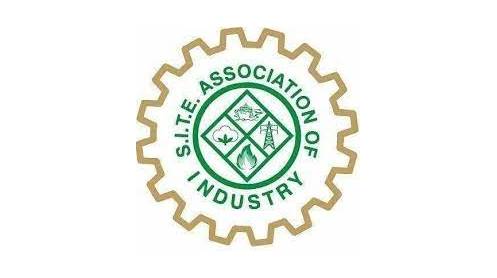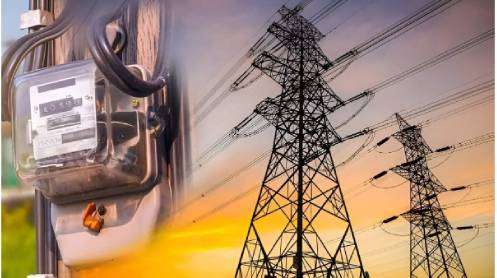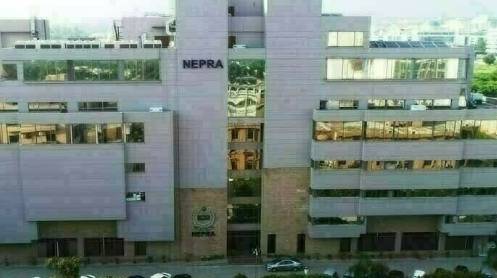ISLAMABAD: Pakistan has received an overwhelming \$5 billion in financing offers from leading global donors and development agencies to support the execution of the Reko Diq copper and gold mining project in Balochistan, far exceeding the estimated project requirement of \$3 billion.
Key contributors include the Asian Development Bank (ADB), Islamic Development Bank (IDB), International Finance Corporation (IFC), and the US Exim Bank—along with development agencies from Germany and Denmark. Sources highlight that the financial close is at an advanced stage, with Petroleum Minister Ali Pervaiz Malik and the Special Investment Facilitation Council (SIFC) leading efforts to accelerate the project.
Notably, the US Exim Bank has placed no cap on its financing commitment, signaling strong investor confidence. The Petroleum Ministry, in collaboration with the US embassy, recently held a webinar to attract American interest in Pakistan’s mining sector. State-owned OGDC, a key Reko Diq partner, has also played a major role in hosting a mineral investment conference that helped attract international funding.
Despite its vast potential, Pakistan’s mineral sector currently contributes just 3.2% to GDP, and mineral exports represent a mere 0.1% of global trade. Yet, with 92 known minerals—52 commercially mined—and an annual output of 68.52 million metric tons, the country’s mining sector is primed for expansion. Over 5,000 operational mines and 50,000 SMEs in the sector currently provide employment to 300,000 workers.
The Reko Diq project, revived by Canada’s Barrick Gold, holds the world’s largest untapped copper deposits. Production is expected to begin by 2028, with an initial investment of \$5.5 billion. CEO Mark Bristow of Barrick Gold estimates the project will generate \$74 billion in free cash flow over 37 years. Annual exports are projected at \$2.8 billion, with thousands of jobs expected to be created and a transformative impact on the regional economy.
Future plans include expanding copper production to 400,000 tonnes and gold to 500,000 ounces annually, requiring an additional \$3.5 billion investment. In a significant development, Pakistan has approved the sale of a 15% stake in the project to Saudi Arabia’s Manara Minerals, expected to bring in \$1 billion in fresh investment.
Logistics will be supported by a new railway line developed in partnership with Pakistan Railways, aimed at transporting mining materials to Karachi for export.
With strategic planning and robust foreign interest, the Reko Diq project is set to unlock Pakistan’s mineral wealth and position the country as a major player in the global mining industry.
Story by Zafar Bhutta







